Wedding Customs in China – Your Complete Guide
If you’ve been invited to a Chinese wedding, just curious about wedding customs in China or are even thinking about having your own wedding in the middle kingdom, then we have the guide for you.
Find out about Chinese wedding traditions along with modern Chinese wedding customs.
Wedding Customs in China – Marriage Registration
Wedding Customs in China – Collecting the Bride
Wedding Customs in China – The Tea Ceremony
Wedding Customs in China – The Banquet
Wedding Customs in China – The Food and Drink
Wedding Customs in China – The Dress
Wedding Customs in China – The Decorations
Wedding Customs in China – Wedding Photographs
Wedding Customs in China – Wedding Vocabulary
Wedding Customs in China – Marriage Registration
The registration of the marriage is one of the biggest differences between Chinese weddings and western weddings.
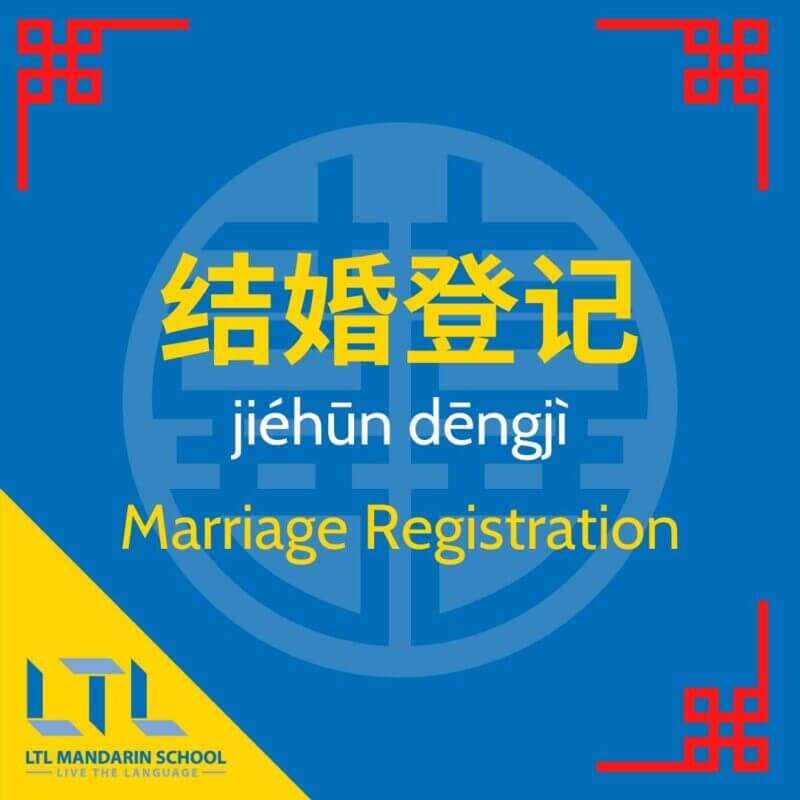
In the west the most important part of the wedding is when the bride and groom take their vows and sign the marriage register to officially become married. Whereas, in China the registration of the marriage (结婚登记 jiéhūn dēngjì) doesn’t actually happen at the wedding ceremony.
Instead, the couple officially get married at a local government office because these are the only places in China with the authority to legalise marriages.
The marriage legalisation takes place before the wedding ceremony and banquet. Some couples will do the certification earlier on the same day, whereas others may do it a few days in advance or longer.
This means that when you attend a Chinese wedding the couple could have actually already been married for a week or more!
This Chinese wedding custom has only been in place since 1950 when a new Marriage Law was introduced. Traditionally there would be a marriage ceremony (拜堂 bài táng) that was part of the tea ceremony.
The ceremony involved the bride and groom kowtowing three times to: heaven and earth, their parents and ancestral tablets, and then bowing to each other. This was the equivalent of exchanging vows in the west.
Wedding Customs in China – Collecting the Bride
This is the start of the wedding ceremony (婚礼 hūnlǐ), the groom and his groomsmen go to the bride’s house to collect her and take her to the groom’s parents’ house.
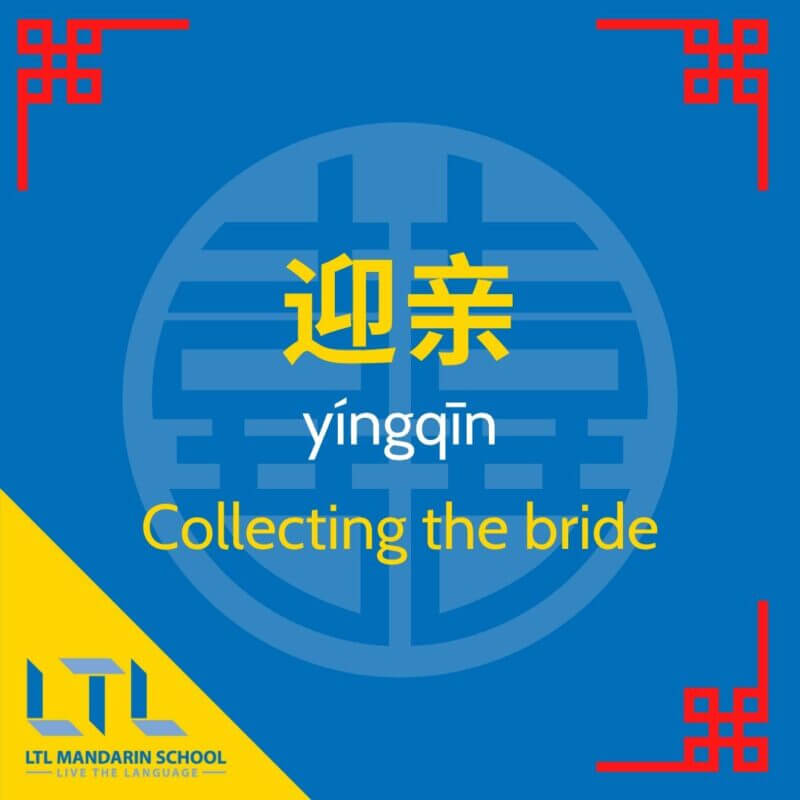
Called 迎亲 (yíngqīn) in Chinese, 迎 means to welcome and 亲 means bride, together it refers to the custom of collecting the bride.
But, collecting her isn’t that easy! The bridesmaids will tease the groom and his groomsmen and try to stop them from entering. The groom and groomsmen have to bribe the bridesmaids with enough 红包 (hóngbāo) to hand the bride over to them.
In recent years some new wedding customs in China have emerged where the bridesmaids will set challenges for the groomsman. Having to do a number of press-ups or being dared to eat a really spicy chilli are some example of challenges.
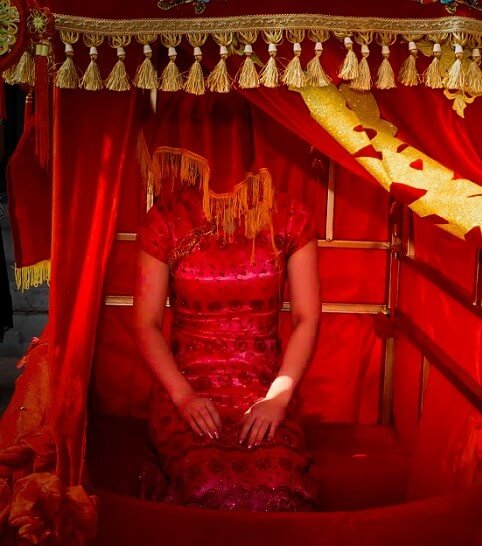
Sometimes the bridesmaids will also hide the bride’s shoes which the groom will have to find.
To avoid bad luck the bride should be carried to the car without her feet touching the floor.
Before leaving for the groom’s house the couple will bow to the bride’s parents. The couple then proceed to the groom’s parents house by the wedding car (婚车 hūnchē). Sometimes this can include a whole procession of cars.
The wedding car is the modern replacement for the sedan chair (轿子 jiàozi) that was traditionally sent to the bride’s parents house to collect her.
PSST – want to see Marketing man Max give a wedding speech in Chinese at his friends wedding? Take a look!
Wedding Customs in China – The Tea Ceremony
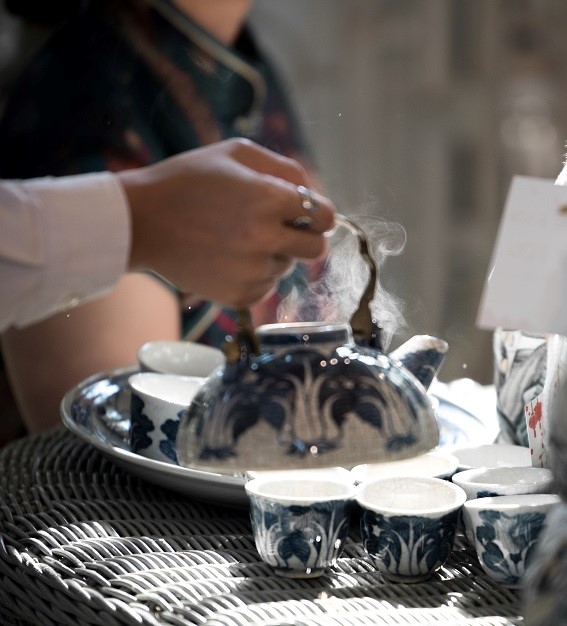
Traditionally the tea ceremony (奉茶 fèng chá) was one of the most important wedding customs in China as it was when the bride and groom would become officially married. Nowadays the ritual symbolises that the bride and groom are accepted by both families.
Normally the bride and groom will begin the ceremony by kneeling and offering tea to their elders, starting with the groom’s parents. They then proceed to serve tea from oldest to youngest.
Wedding Customs in China – The Banquet
Traditionally, there would be several wedding banquets (喜宴 xǐyàn) over a number of days. With the most lavish banquet being held on the day of the wedding ceremony by the groom’s family. These banquets would often have a minimum of 12 courses!
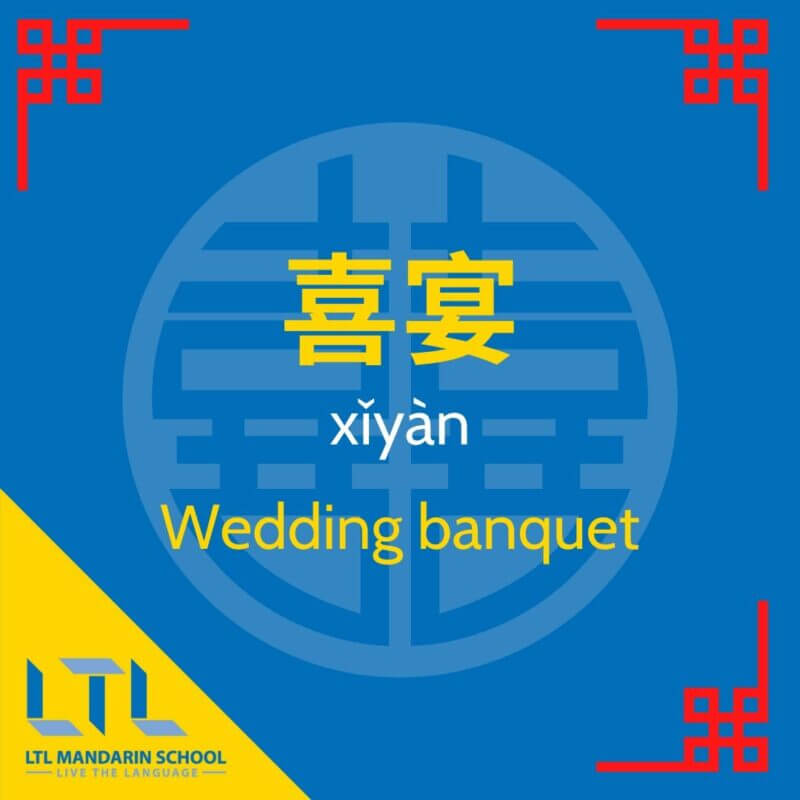
Now the modern wedding customs in China are to have an elaborate banquet in a hotel or restaurant with some western style practices added.
On arrival to the banquet, guests present 红包 (hóngbāo) as wedding gifts for the bride and groom. Guest’s name and amount given are registered in a contribution book. This is so the wedding couple can reciprocate the same amount or more when those guests get married.
When preparing the 红包 (hóngbāo) it is important to avoid denominations of four as that is considered an unlucky number in China. Multiples of eight are good as this is a lucky number.
Most modern Chinese weddings will have a professional wedding ceremony host. The host will begin the wedding ceremony with a short introduction of the bride and groom. The bride and groom will then be invited on stage to exchange vows and rings (结婚戒指 jiéhūn jièzhǐ), similar to a western style wedding.
Modern Chinese wedding banquets normally have six courses, although that’s not the traditional twelve, it’s still a lot of food!
Wedding Customs in China – The Food and Drink
Similar to Chinese New Year, wedding customs in China dictate that there should be certain dishes with special significance served. Here are some of the most common dishes:
A whole fish – In Chinese the word for fish (鱼 yú) sounds the same as the word for (余 yú). This is the same reason why Chinese people eat fish at Chinese New Year.
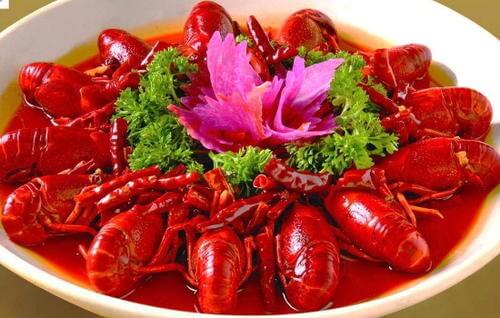
Lobster – The red colour of the lobster once cooked makes this a lucky food. The Chinese for lobster is also literally dragon (龙 lóng) shrimp (虾 xiā) and dragons are an auspicious symbol in Chinese culture.
Beijing roast duck – In Chinese culture ducks are a symbol of fertility and they also mate for life, this dish represents peace, unity and completeness in a marriage. Beijing roast duck is also delicious, so who wouldn’t want it at their wedding!
Traditionally all these dishes are served whole to represent the couples’ happiness remaining unbroken for life.
Abalone and sea cucumber – Abalone in Mandarin is 鲍鱼 bàoyú, which sounds like 包 bāo “guarantee” and 余 yú “surplus”. In Cantonese the word for sea cucumber is a homophone for “good heart”.
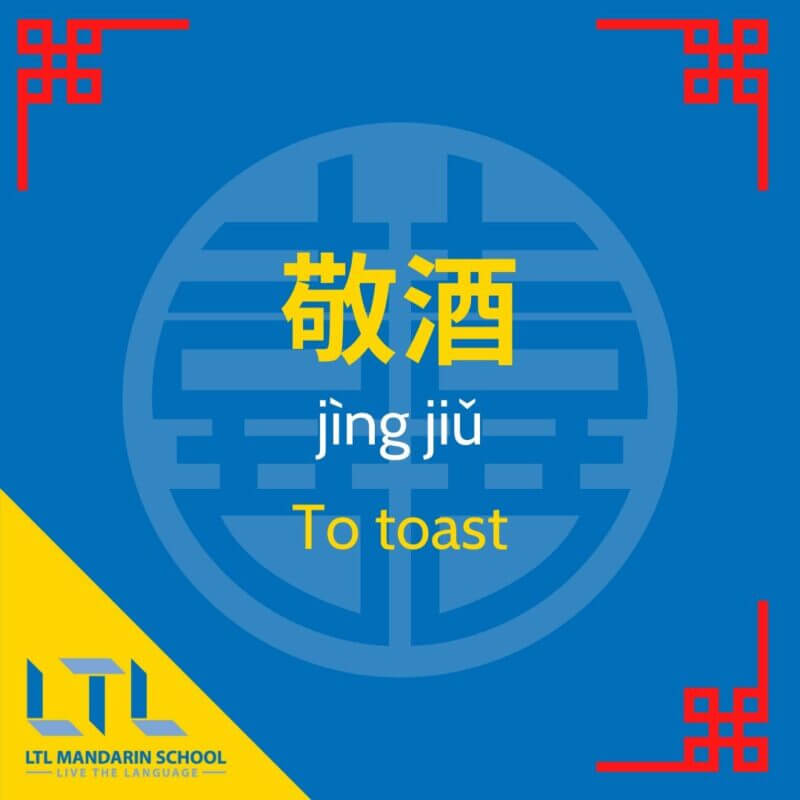
Now, no Chinese wedding would be complete without lots of alcohol and toasting (敬酒 jìng jiǔ).
According to wedding customs in China, the bride and groom will go around the room visiting their guests. The groom must toast each table with a shot of 白酒 (báijiǔ), a traditional Chinese spirit. The guests will reciprocate with everyone toasting by saying 干杯 (gān bēi), literally meaning dry cup it is the Chinese version of cheers.
That definitely sounds like a lot of drinking for the groom, however, sometimes he will tactfully swap out the 白酒 for water as it’s very strong!
A popular soft drink to have at wedding is 7-up because the Chinese transliteration is 七喜 (qī xǐ) which literally means “seven happiness”.
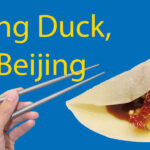
Where to Eat Beijing Duck in Beijing in 2022? 3 Must Visit Restaurants
When you travel to Beijing there are somethings you just have to do – the Great Wall, the Forbidden City, the hutongs and feast out on Beijing Duck!
Wedding Customs in China – The Dress
Historically in China the bride would wear one dress which would normally be a traditional cheongsam (旗袍 qípáo) or jacket and skirt, all in red. The groom would wear a traditional Tang suit (唐装 tángzhuāng).
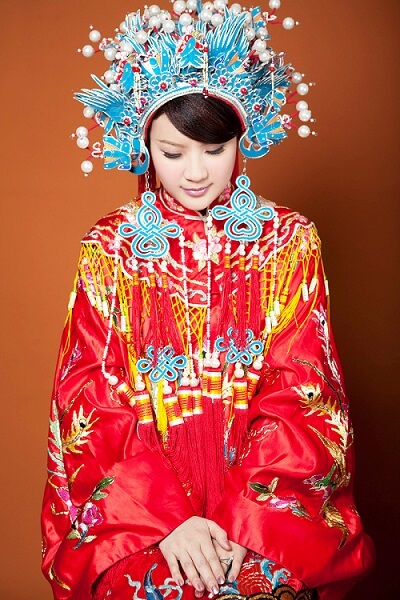
Recently the wedding customs in China have become more westernised with many brides choosing to wear a white bridal gown (婚纱 hūnshā). However, normally the bride will wear both this and a cheongsam, changing dress between different parts of the wedding.
But if you thought two dresses wasn’t enough, many brides also wear a third and even a fourth dress!
Yes, at modern weddings the bride may change up to four times. Often changing from their bridal gown to a standard ball gown between courses and then changing to a final fourth dress to send off the guests.
It has also become customary for the groom to wear western dress, with most grooms opting for a traditional coat and tails (燕尾服 yànwěifú).

Clothes in Chinese 👗 The Complete Guide to 101 Different Clothing Items (with Quiz)
The Ultimate Guide For Talking About Clothes in Chinese Perhaps you’re just interested in knowing different types of clothes in Chinese, or maybe you want to know specific vocab to use when shopping for clothes on Taobao. Either way our…
Wedding Customs in China – The Decorations
As with any wedding the decorations are an important part, and according to wedding customs in China some decorations are a must.
Chinese wedding decorations use the “double happiness” (双喜 shuāngxǐ) character: 囍, a lot. In fact it is only used in association with marriage. There will also be lots of wedding banners (喜幛 xǐzhàng) with congratulatory messages on them.
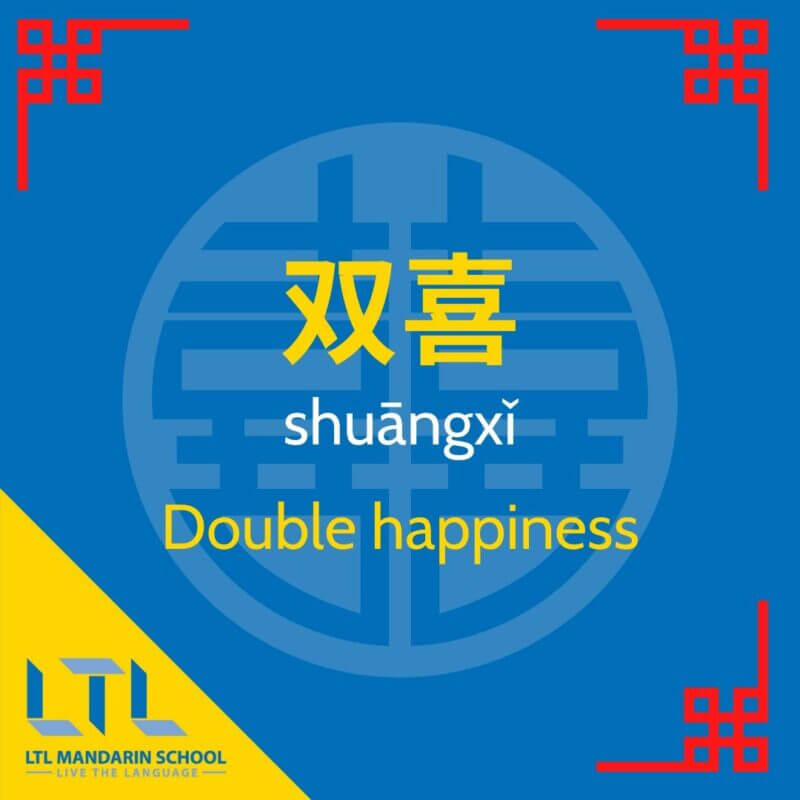
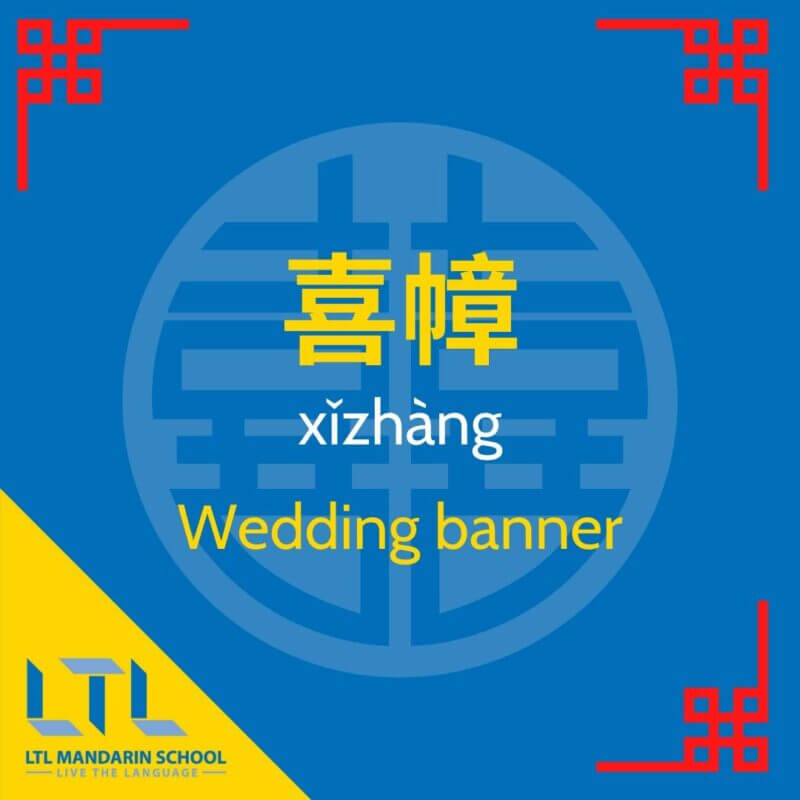
It is also popular for 囍 to appear on the wedding cake.
The traditional colours used at Chinese weddings is a big difference from those used in the west. Red is the predominant colour at Chinese weddings because it is considered a very lucky colour symbolising joy, prosperity and happiness. You will also see a lot of gold at Chinese wedding because it signifies wealth and fortune.
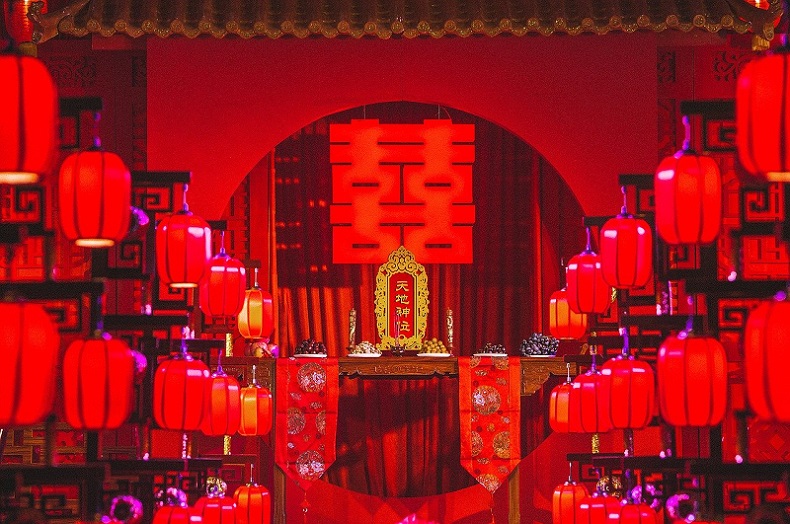
Historically, white was avoided at weddings because in China, it is the colour of mourning and associated with death. However, in recent years with western style weddings becoming more popular, all colours are now acceptable.
Flowers decorate the tables at Chinese weddings, the same as western ones. However, in China lilies are the most popular flower to have at weddings, unlike the west where lilies are most associated with funerals.
Lilies are popular because in Chinese the word for lily 百合 (bǎihé) sounds similar to the wedding greeting 百年好合 (bǎinián hǎo hé) which means may you live a long and happy life together.
Wedding Customs in China – Wedding Photographs
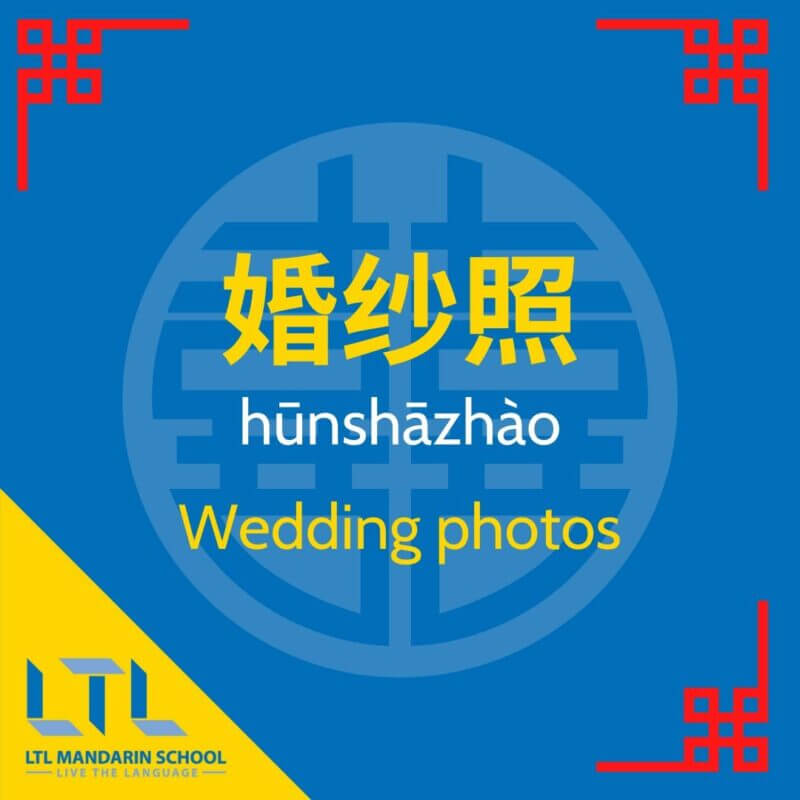
Now, this may seem very strange to westerners but the wedding customs in China are to have the wedding photographs (婚纱照 hūnshāzhào) taken before the actual wedding.
Couples will employ a local photo studio to take their wedding photos and will rent out several different outfits. Elaborate sets at the studio or different tourist destinations are the locations for most photos.
I’m sure anyone who has been in China during spring or summer will have seen at least one Chinese couple having their wedding photos taken.
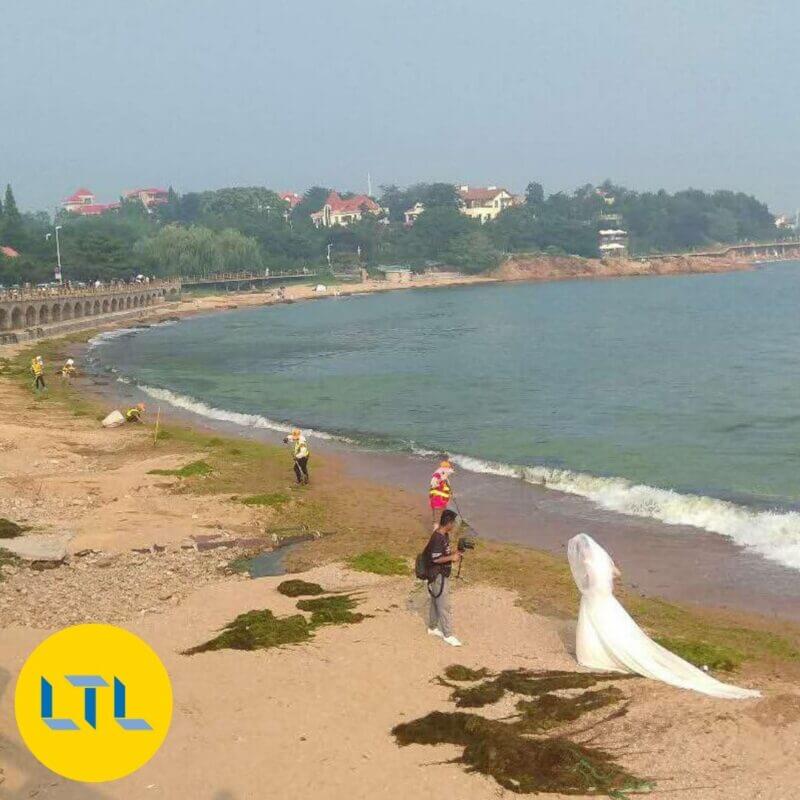
In recent years wedding photos have become more and more elaborate with some couples spending huge amounts of money to make the perfect wedding album.
Some couples will even travel to another city or in some instances country for the photo shoot. Famous cities such as Venice, or Paris are among some of the most popular destinations.
For those who can’t afford to jet off to another country for their photo shoot The Beijing World Park may be a great alternative.
Wedding Customs in China – Wedding Vocabulary
If you want to discuss wedding customs in China with a Chinese friend or perhaps in class with your Chinese teacher, you’ll need to know some wedding vocabulary.
Wedding basics:
| 婚礼 | hūnlǐ | Wedding (ceremony) |
| 结婚 | jiéhūn | Get married |
| 新娘 | xīnniáng | Bride |
| 新郎 | xīnláng | Groom |
| 伴娘 | bànniáng | Bride’s maid |
| 伴郎 | bànláng | Best man of a wedding |
| 新人 | xīnrén | The newlywed couple |
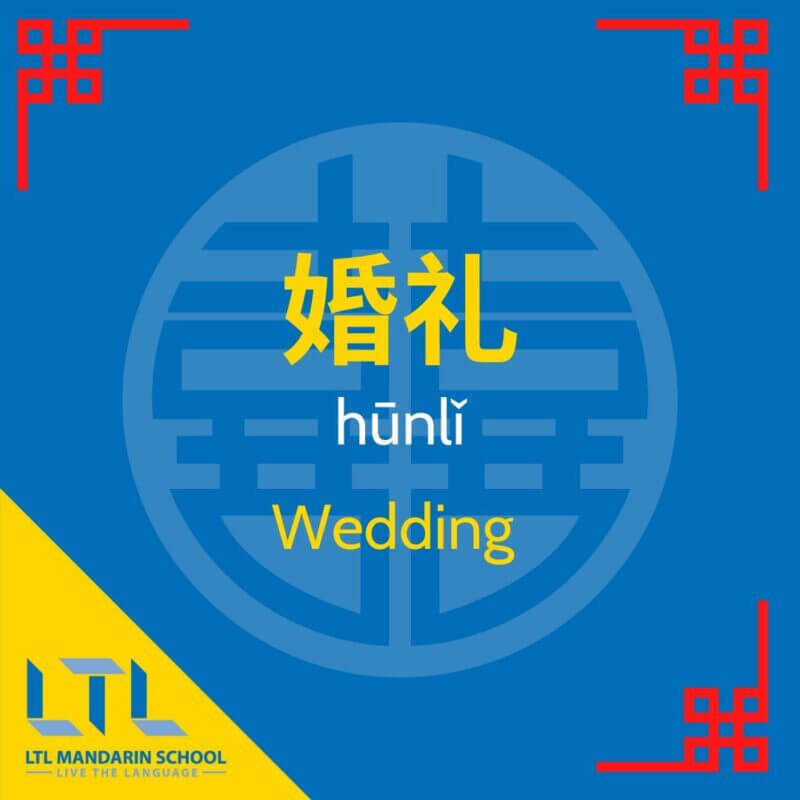
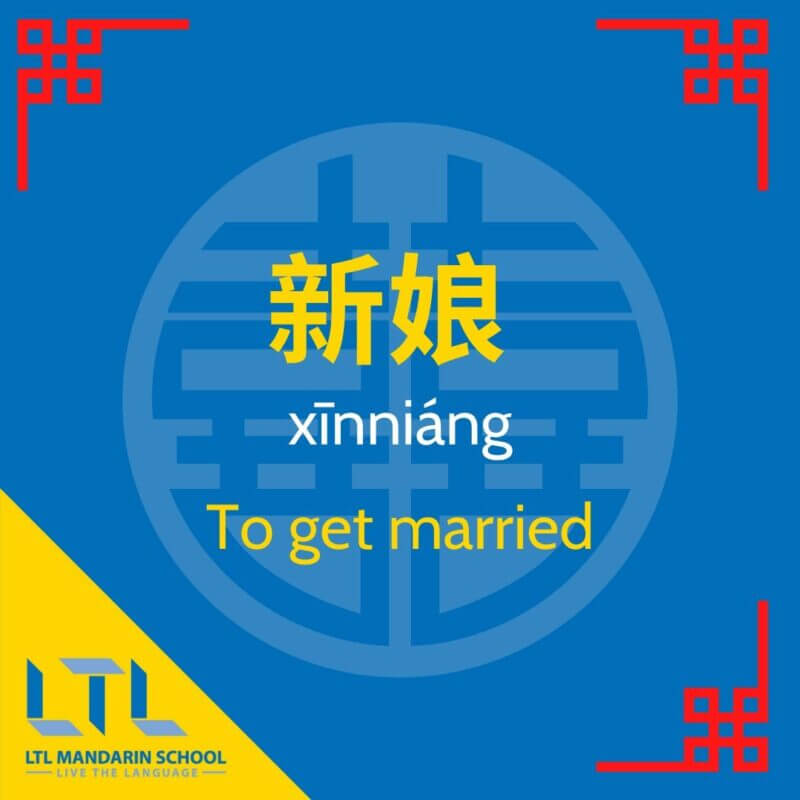

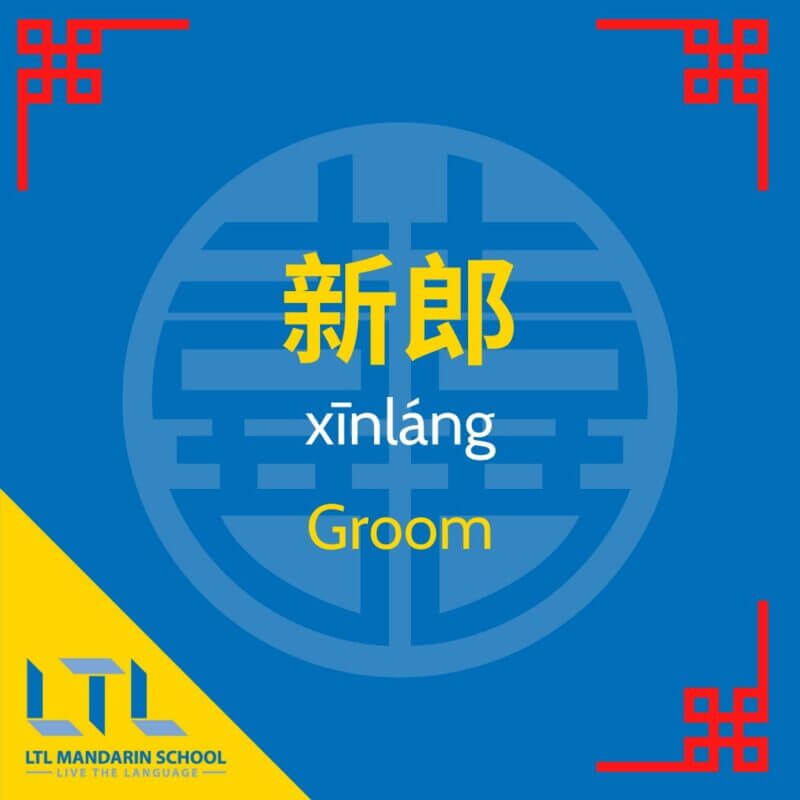
Wedding stages and rituals:
| 结婚登记 | jiéhūn dēngjì | Marriage registration |
| 迎亲 | yíngqīn | Welcoming/collecting the bride |
| 拜堂 | bài táng | Perform the traditional wedding ceremony |
| 奉茶 | fèng chá | Tea ceremony |
| 喜宴 | xǐyàn | Wedding banquet |
| 婚纱照 | hūnshāzhào | Wedding photos |
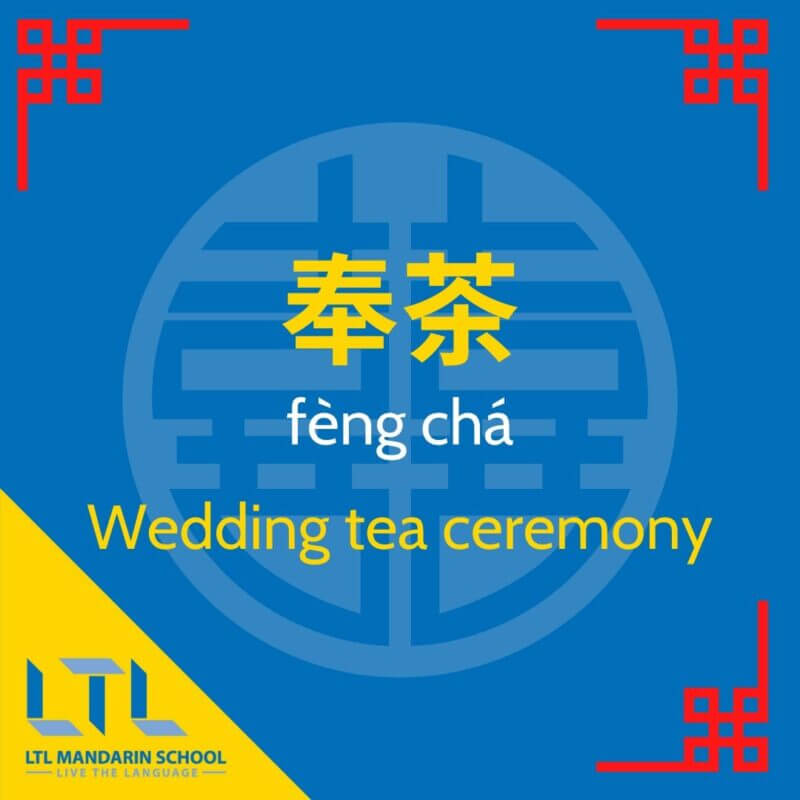
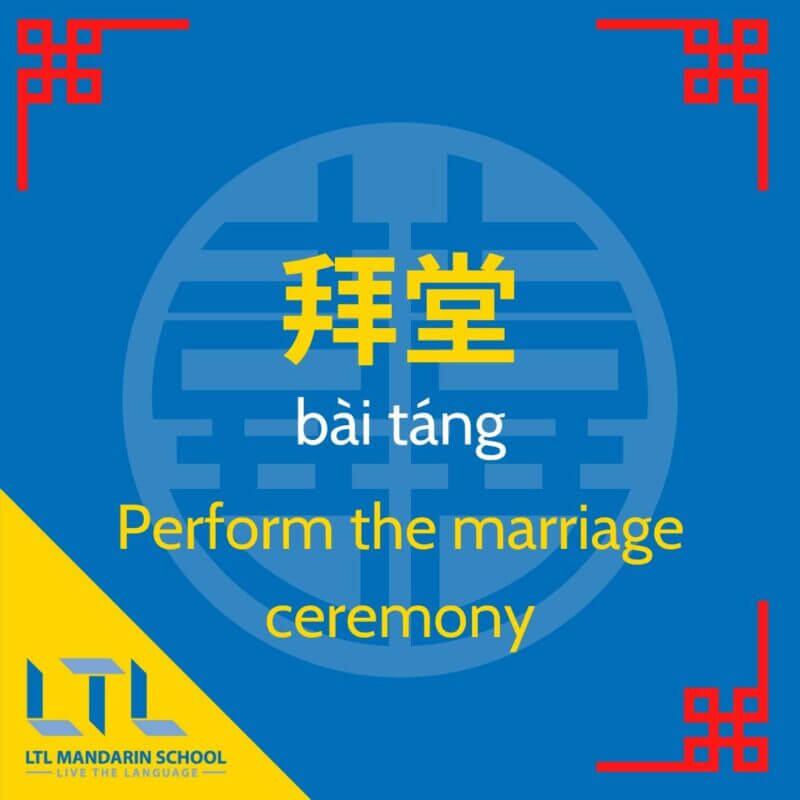
Wedding clothes and accessories:
| 婚纱 | hūnshā | White bridal gown |
| 头纱 | tóushā | Veil for white bridal gown |
| 旗袍 | qípáo | Cheongsam, traditional Chinese fitted dress with a high collar |
| 燕尾服 | yànwěifú | Coat and tails |
| 唐装 | tángzhuāng | Tang suit, traditional Chinese jacket |
| 结婚戒指 | Jiéhūn jièzhǐ | Wedding rings |
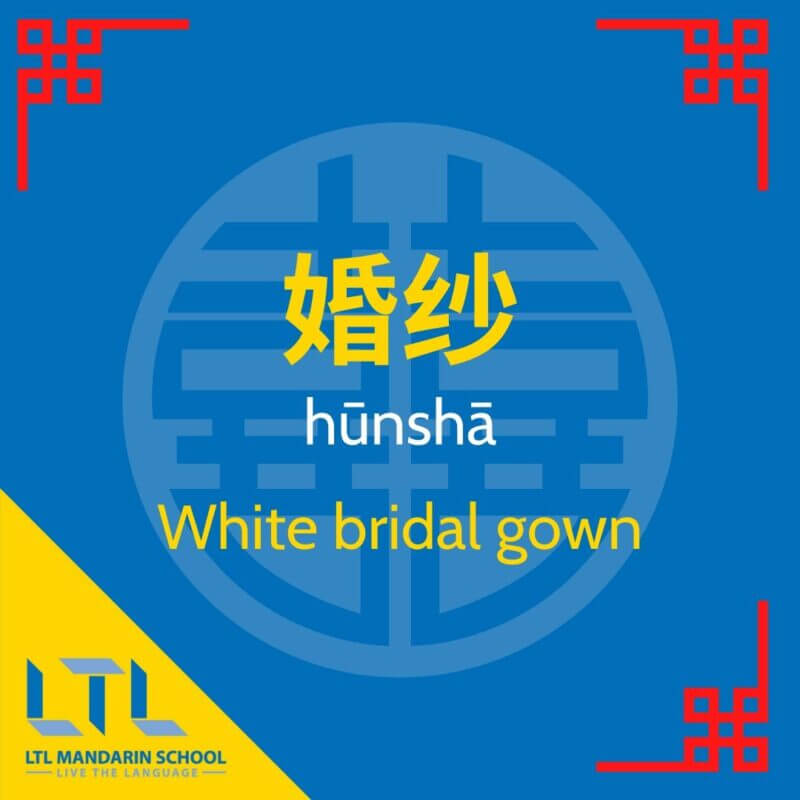

Other useful wedding vocabulary:
| 喜幛 | xǐzhàng | Wedding banner |
| 双喜 | shuāngxǐ | Double happiness |
| 婚车 | Hūnchē | The wedding car |
| 轿子 | jiàozi | A sedan chair |
| 红包 | hóngbāo | Red envelope filled with money |
If you want to learn more about Chinese wedding traditions why not watch The Farewell and practice your Chinese at the same time.
Wedding Customs in China – FAQ’s
How do you say wedding in Chinese?
Wedding in Chinese is 婚礼 (hūnlǐ), 婚 means to wed or marry and 礼 means ceremony or ritual.
Why do brides wear red in Chinese weddings?
Red symbolizes happiness, good luck, and prosperity in Chinese culture. Many brides wear a red qipao (旗袍) or traditional wedding dress (秀禾服), though some modern brides now opt for a white gown for the ceremony and change into red later.
What colors should I avoid wearing to a Chinese wedding?
Black should not be worn to a Chinese wedding as it signifies bad luck to the newlyweds. Dark colors in general should be avoided. You also shouldn’t wear red as normally the bride will be wearing a red dress!
Traditionally, who pays for the wedding in China?
Traditionally, it is the groom’s family who pay for the wedding in China.
What should I give as a gift at a Chinese wedding?
Normally, wedding guests in China will gift a 红包 (hóngbāo), a red envelope filled with money, to the bride and groom. If you are unsure about gift-giving etiquette, make sure to check out our blog on Chinese gift-giving.
Want more from LTL?
If you wish to hear more from LTL Mandarin School why not join our mailing list?
We give plenty of handy information on learning Chinese, useful apps to learn the language and everything going on at our LTL schools.
Sign up below and become part of our ever-growing community.
BONUS | Learn Chinese with LTL in person. Our student community is growing by the week.


 Hi, my name is Ilaria! I am from Italy and I am a Student Advisor at LTL. Fancy coming to study with us in China? Drop me a message.
Hi, my name is Ilaria! I am from Italy and I am a Student Advisor at LTL. Fancy coming to study with us in China? Drop me a message.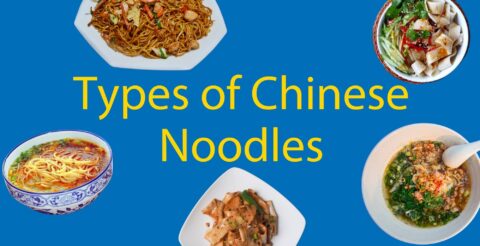
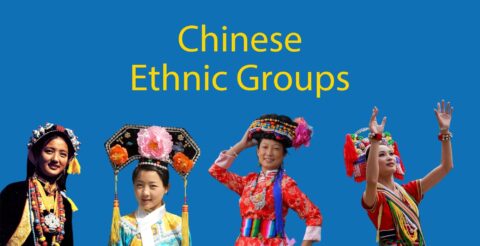

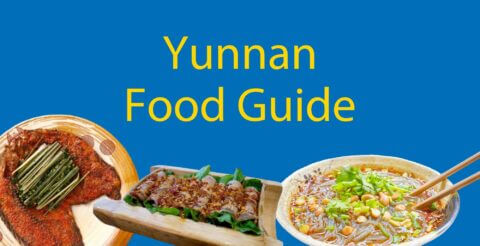
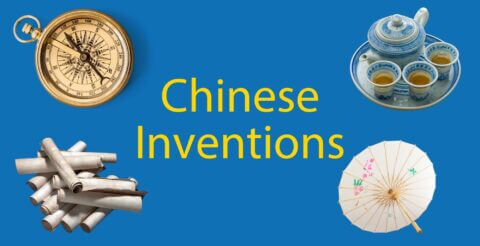

7 comments
[…] of formal clothes, what about wedding clothes? Check out our blog on wedding customs in China to find out […]
[…] Chinese weddings are generally very different to western weddings. […]
[…] You’ll see here that the word for ring includes the character for finger 指 . To specify different kinds of rings, a description is added before just the same as it is in English. For instance you can see that the word for married 结婚 is added before ring to make the word wedding ring. […]
[…] year I went to a tea ceremony in China and can honestly say it was a very enjoyable […]
Is it ok to wear black to a Chinese wedding?
Hi Clara,
It's best to avoid wearing black to a Chinese wedding as it symbolises mourning and death. However, wearing something which does have some black on it should be ok.
Thanks, The LTL Team
[…] important events like Chinese New Year or Chinese weddings there are some dishes which are a […]